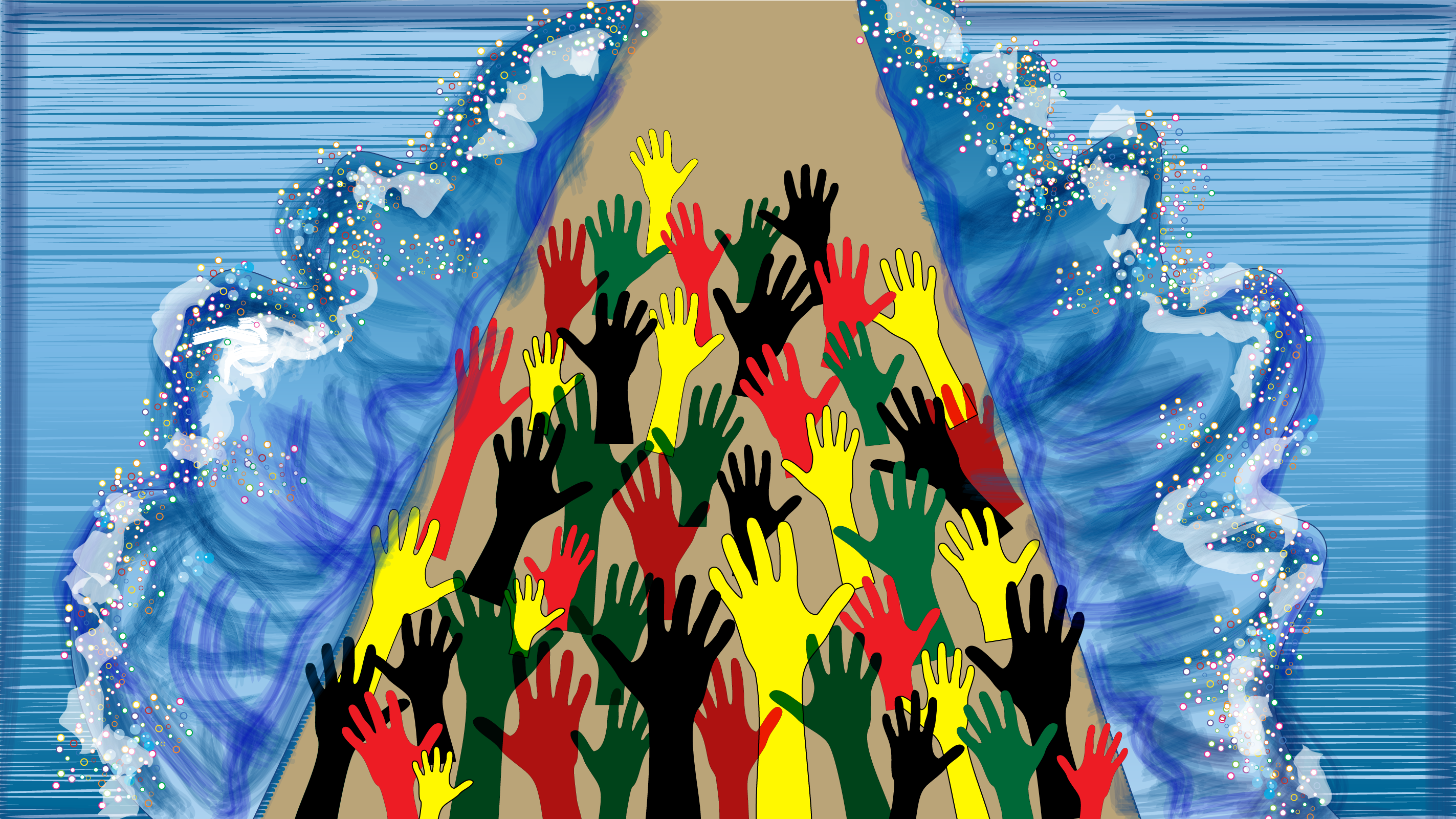Have you seen this: “The Jewish Federations of North America,” the organization said in a statement, “is outraged and sickened by the violence of the Minneapolis police officers that led to the death of George Floyd.
“We pledge to our brothers and sisters in the black community – and all communities of color – to work together to reverse the systemic racism embedded within our country’s institutions and society in general.”
A similar promise comes from the National Council of Jewish Women: “Through legislative reform, local activism, and by educating NCJW advocates, we will make sure each individual we engage helps end the toxic culture of racism that permeates our country.”
And so, too, for the Orthodox Union, Hadassah, the American Jewish Committee and dozens of other national and international Jewish organizations, in a sentiment best expressed by the Anti-Defamation League, writing “In short, systemic injustice and inequality calls for systemic change. Now.”
Yet not a single one of those organizations has made a serious effort to fully empower African-American Jews within the Jewish community. And not a single one has a Black Jew on its board of directors. Nor do 49 out of the 51 member groups in the Conference of Presidents of Major American Jewish Organizations. The only two that do are the American Sephardi Federation (which by definition is inclusive of Jews of African descent) and the Union for Reform Judaism, which has a single Black Jewish member among its massive board of more than 250.
[Read the study: Racial and Ethnic Makeup of Member Organizations of the Conference of Presidents of Major American Jewish Organizations.]
In real numbers, the combined board membership of all Conference groups comes to more than 2,000. That puts the Black Jewish representation at .2 percent; a fraction of even the lowest estimate of the population of African American Jews – 2 percent, promulgated by those demographers who seem particularly bent on lowering the count to diminish our influence and importance.
The boards contain a smattering of other Jews of Color – and that’s utilizing a broad definition of the term to include a wide range of Hispanic, Sephardic and Middle Eastern Jews, such as those from Iran, who may not even consider themselves of color. Again, out of more than 2,000 board members, they comprise 48 (including 18 from the Sephardi Federation), or 2.4 percent, again, wholly incongruent with the low-ball estimates of 4 percent by even the most skeptical demographers.
How do I know all this? Because I counted them, aided by a numbers-crunching assistant, in a data analysis sideline to my journalistic work. The techniques and methods used were honed in previously contracted work examining the racial, ethnic and gender makeup of boards of public companies and top private concerns. It’s tedious, but not brain surgery, and hardly foreign to any organization leaders examining the makeup of their own boards, especially when recruiting new members. (That’s certainly true when it comes to board giving: Data unintentionally unveiled in our research showed a sizable number of billionaire board members, easily outpacing Jews of color, though some are blessed to belong to both groups.)
If corporations had somehow been oblivious to board diversity before our earlier study and similar analyses by others, they’re well aware of it now. California law now mandates gender representation on all public company boards, inspiring lawmakers in other states to do likewise.
I will not entertain, however, that racial diversity is something only suddenly coming to light in Jewish organizations courtesy of the death of George Floyd. In 1995, when Michelle Stein-Evers, then of Los Angeles, Rabbi Capers Funnye and I co-founded the Alliance of Black Jews to widespread Jewish press coverage, board participation was already well articulated.
“I said back then that we Black Jews need to be represented on the Conference of Presidents,” recalled Stein-Evers, who now lives in Australia, where she has worked on reparations for Holocaust survivors. “A quarter century later, these groups are acting like they still haven’t heard of Black Jews.”
That’s despite “famous Black Jews” lists clogging social media feeds, naming everyone from Drake to Tiffany Haddish to Amar’e Stoudemire.
“Have any of these organizations ever asked you?” I messaged Rain Pryor, daughter of the late comedian Richard and a creative force in her own right.
“Never!” she replied instantly.
So when does this need to happen: at the next round of board appointments? Nonsense. I’ve served on enough boards (and not the major Jewish ones) to know members can be added at any time unless the rules prohibit it, and if so, then bylaws can be amended.
But don’t just take my admonition. Listen to the ADL (which has on its board two people of color not identifiable as Jewish, and no Black Jews):
“Systemic injustice and inequality calls for systemic change. Now.”
This post first appeared in the Jewish Journal of Greater Boston.







